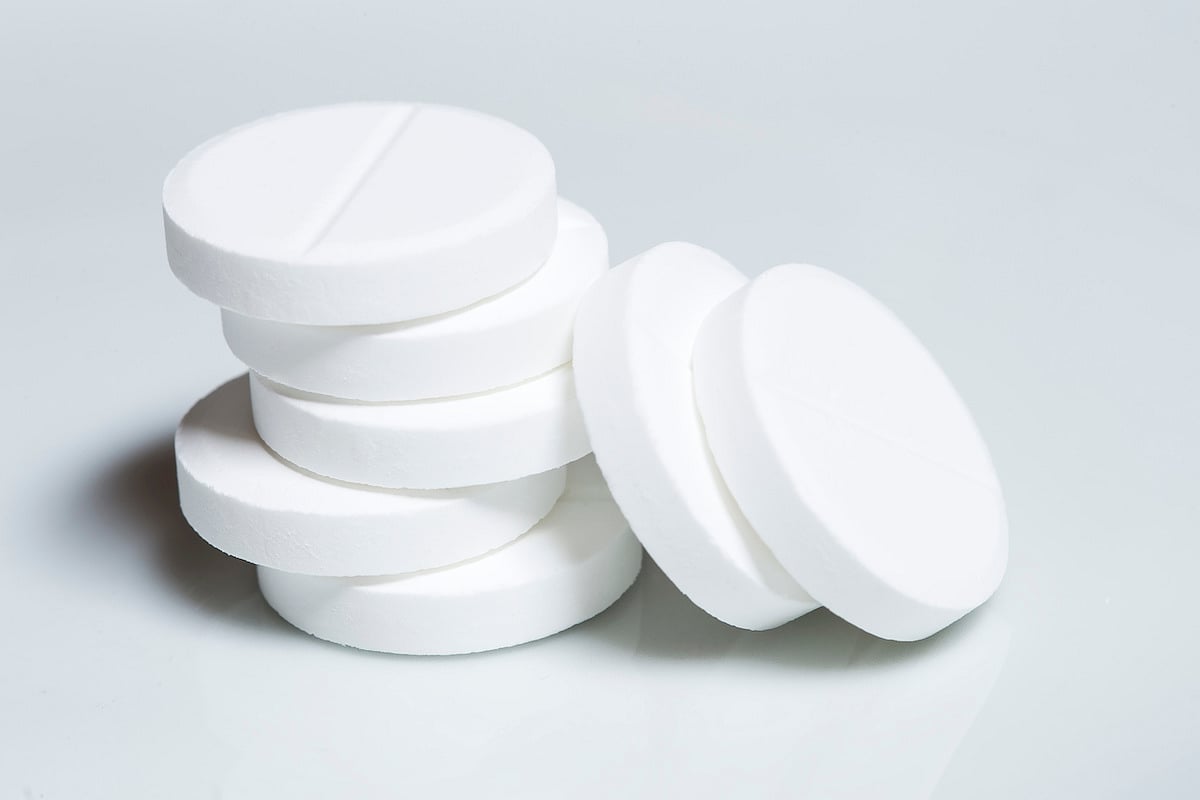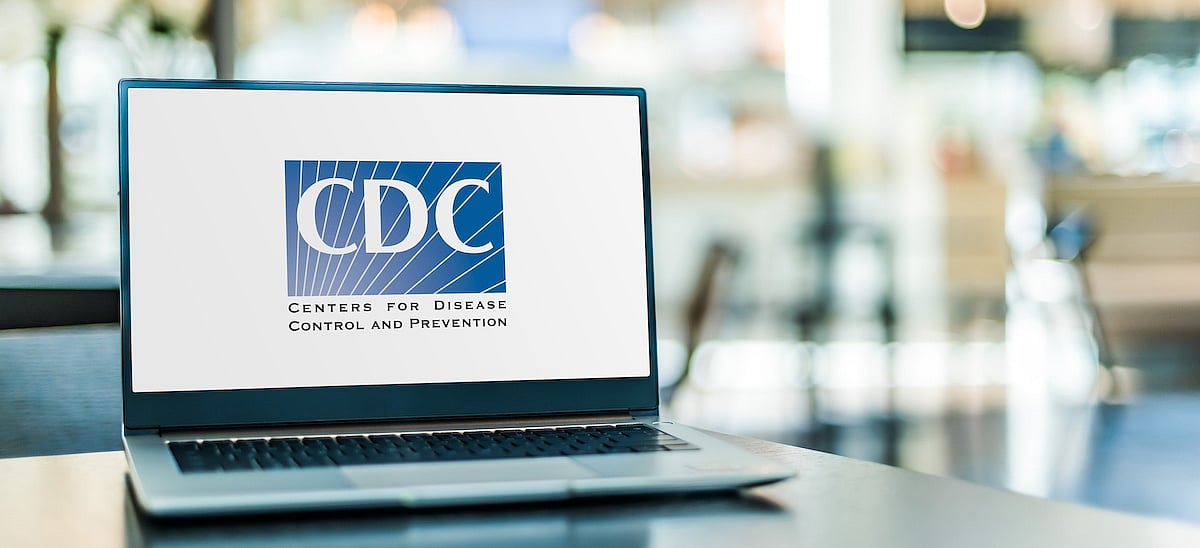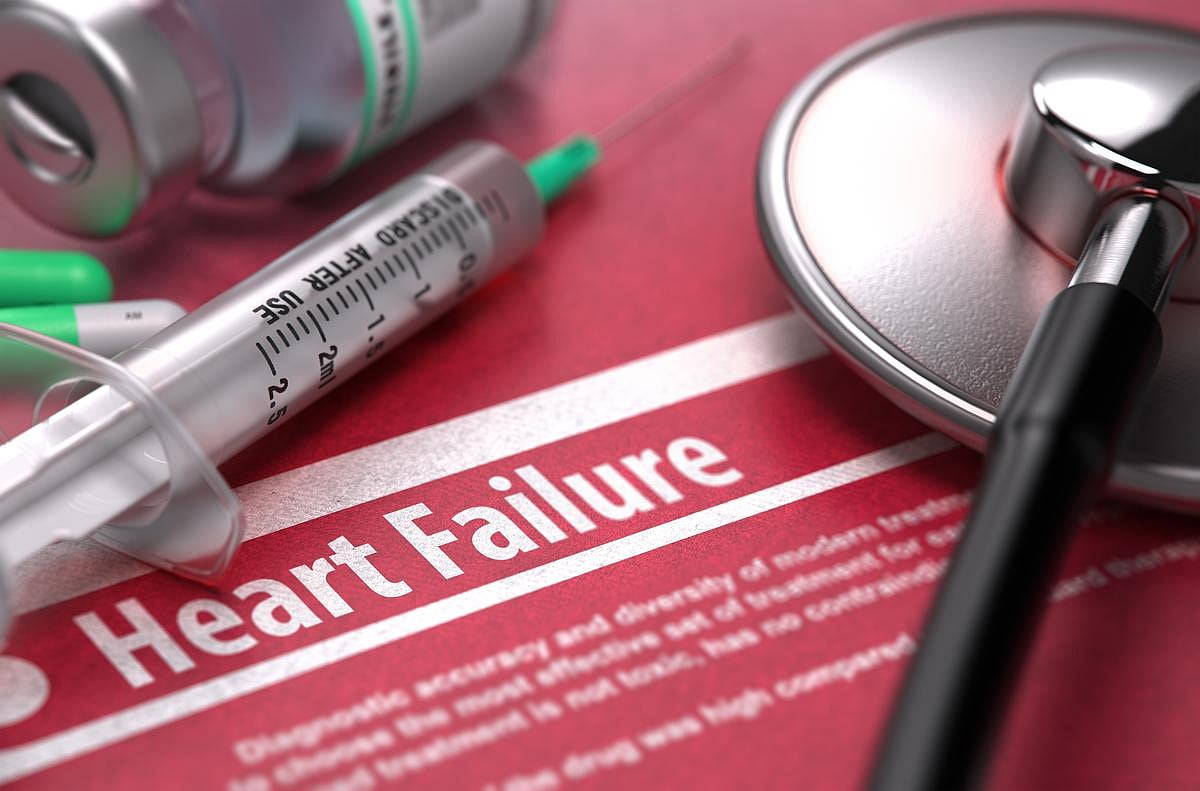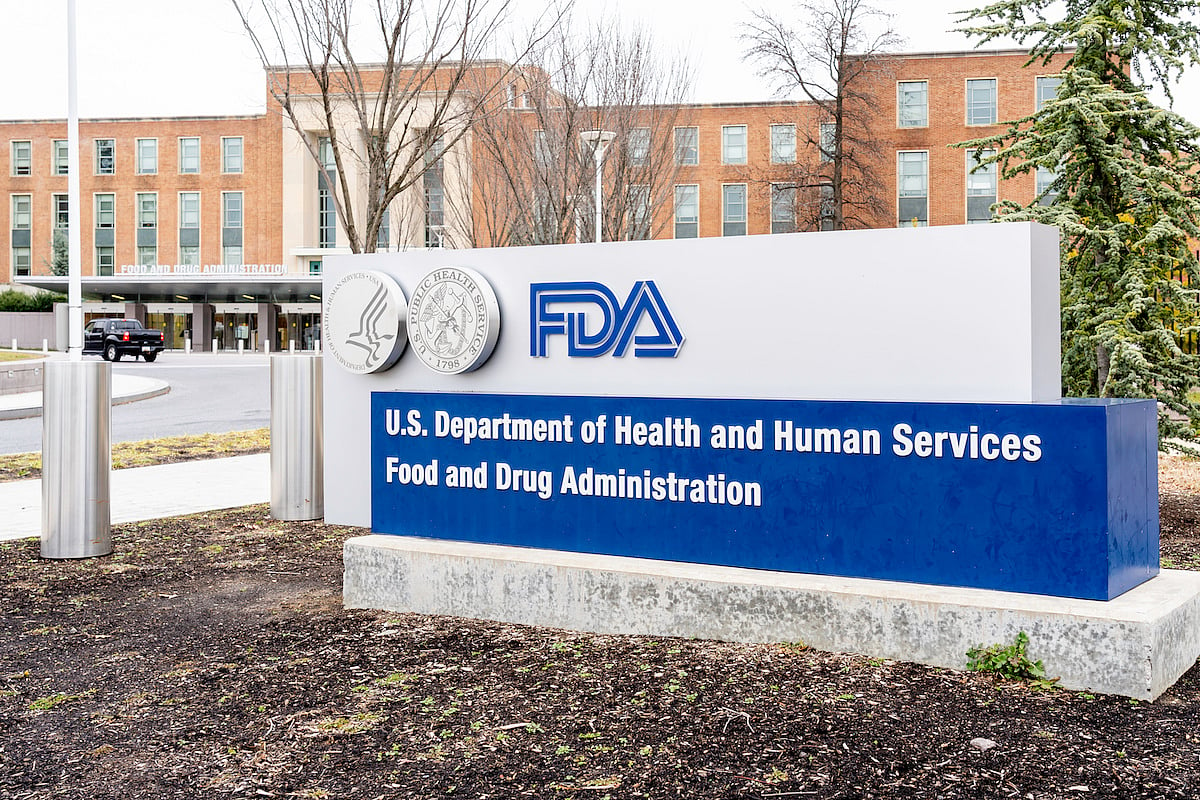
Many Americans don’t see anything wrong with taking daily low-dose aspirin, even though experts have concluded its risks outweigh its benefits, a new survey has found. Nearly half (48%) of people incorrectly think that the benefits of taking low-dose aspirin daily to reduce the risk of heart attack or stroke outweigh the risks, according to… read on > read on >


















